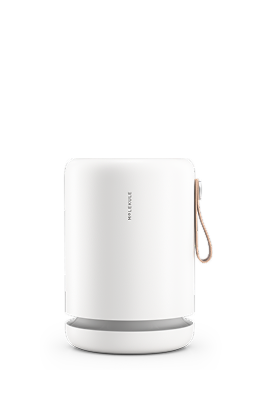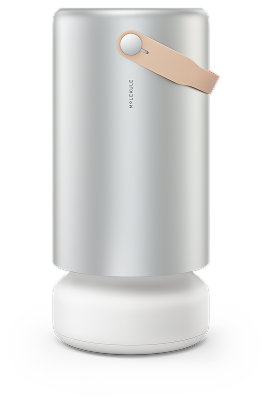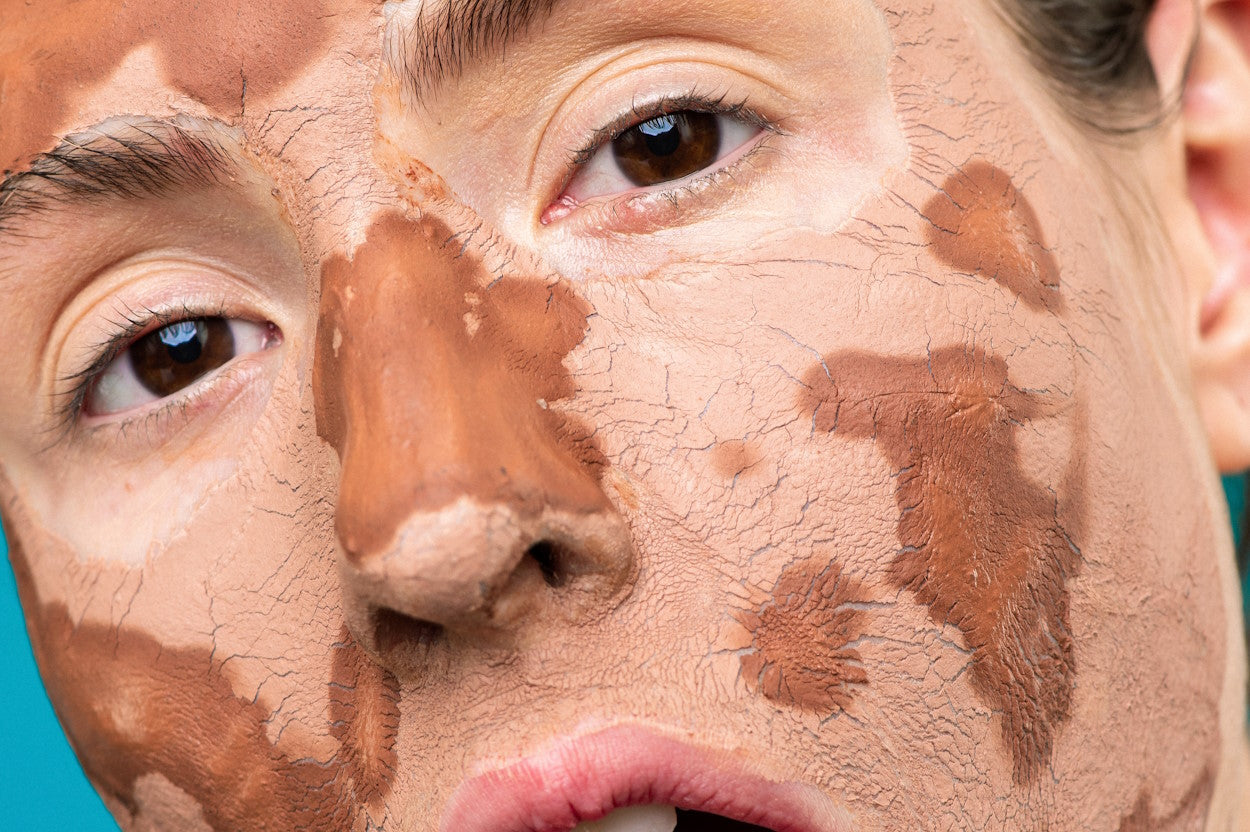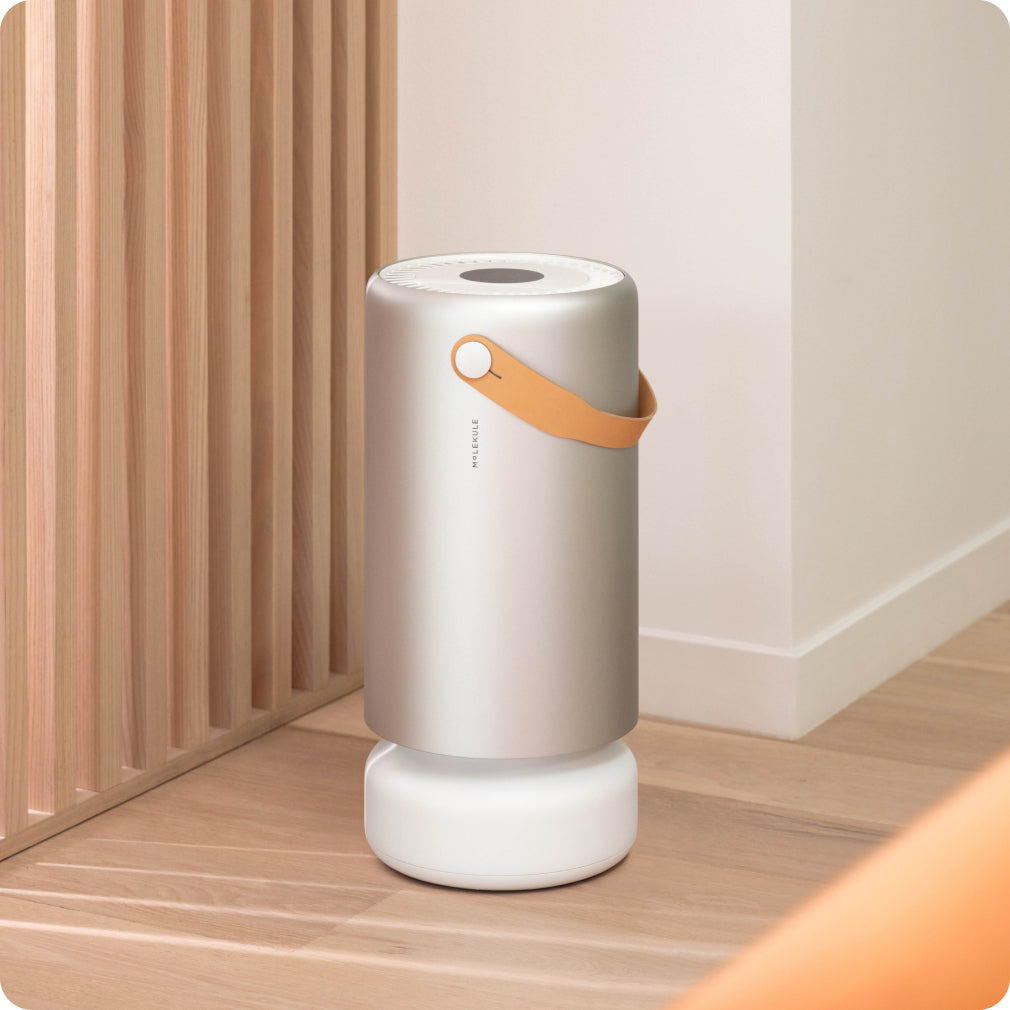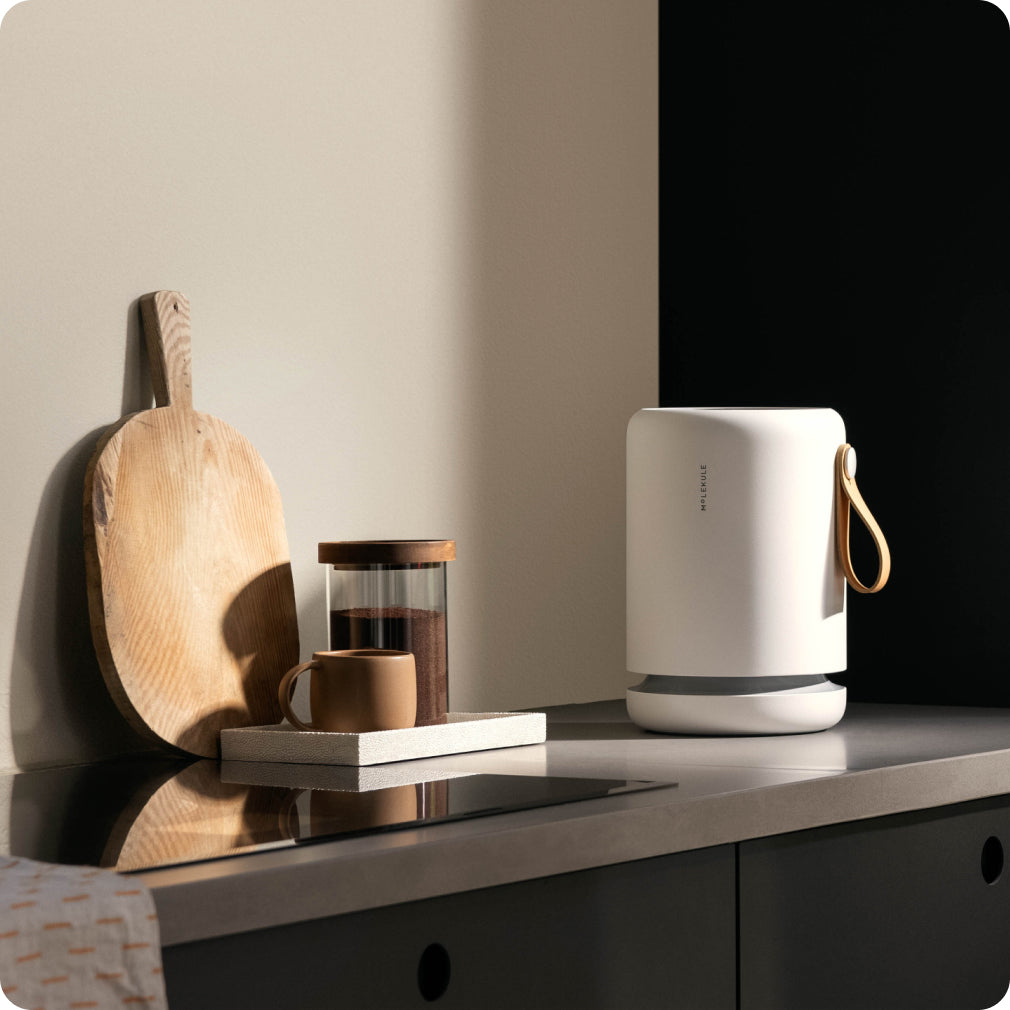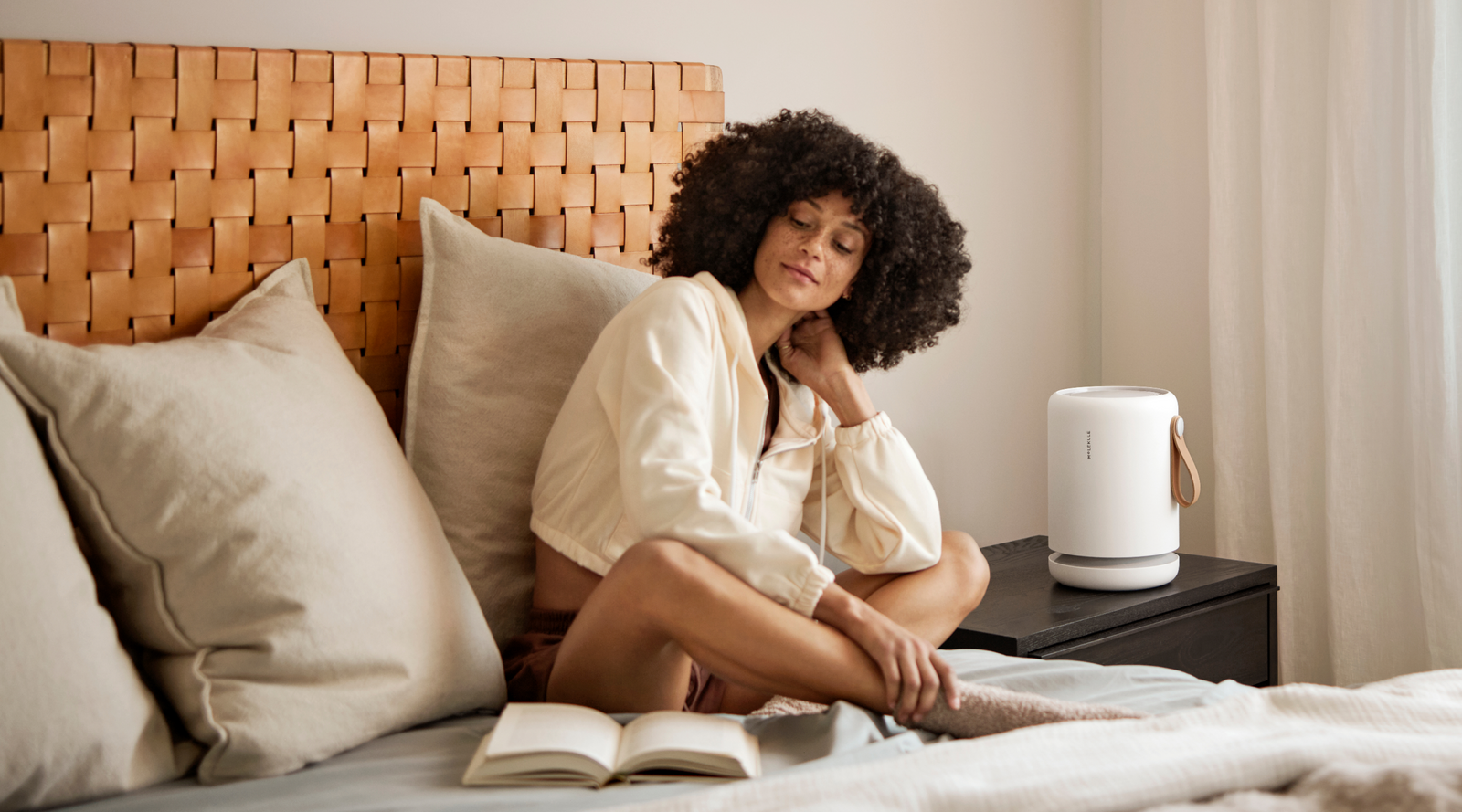Think back to your last hotel stay. Have you ever woken up to dry, itchy skin or a scratchy throat? If so, you are not alone. In fact, frequent travelers commonly state that they experience dry air in hotel rooms. Traveling exposes you to new surroundings, which means you are also exposed to unexpected air quality conditions that you typically wouldn’t experience at home. This article explains why dry hotel air is so common and provides actionable tips on how to fix dry air in your hotel room.

Why are hotel rooms so dry? Low relative humidity
Hotel air becomes dry when relative humidity levels become low. Relative humidity refers to the amount of water vapor in the air, relative to how much air can hold at a specific temperature. The Environmental Protection Agency (EPA) advises that the ideal humidity is between 30% and 50% for comfortable air that isn’t too dry but not so wet that mold can grow.
Hotels are known for utilizing heavily regulated heating and cooling systems that play a factor in dehydrating the air. There are several different factors that may contribute to dry air in hotel rooms, including:
- Air conditioning - Air conditioning systems work by decreasing the amount of water vapor in the air, naturally decreasing relative humidity levels. Although it is nice to cool off in your hotel room, it may adversely create dry conditions in your hotel room.
- Dehumidifiers - These are commonly employed in hotels and remove water to help decrease overall humidity levels and prevent mold, dust mites, or other undesirable organisms from growing. However, this naturally encourages dry air conditions.
- Closed windows - Most hotels have insulated windows, and some hotels even have policies in place to have closed windows for safety and climate control. Closed windows means you are at the mercy of the combined effect of air conditioning and dehumidifiers.
Although low humidity means low mold growth, it can also have a negative effect on your health. You’re familiar with the common symptoms of dry air–frizzy hair, itchy skin, dry nose, or a scratchy throat. When you experience those symptoms, however, your body’s resistance to viruses and other airborne pollutants are weakened. In addition, low relative humidity levels mean that these pollutants stay airborne for longer. In short, this means that dry air in hotels makes it more likely for you to catch illnesses while traveling.
The good news? There are some practical tips you can use during your next hotel stay to fix dry air in your hotel room.

How to fix dry air in hotel room: 9 strategies to use at your next stay
Here are our favorite tips to fix dry air in the hotel room so that you can have a more comfortable stay during your next adventure.
#1. Stay hydrated
It may seem obvious, but staying hydrated is key to combating the effects of dry air. Drinking enough water will also help you mitigate any dryness or itchiness you might experience. If you find it difficult to get your water in, consider buying a travel water bottle to make things easier. We love bottles like these because it can flatten for travel, making it easy to carry on your adventures.
#2. Avoid beverages that are naturally dehydrating.
Although you might enjoy the occasional coffee or alcoholic beverage, we know that these naturally dehydrate the body. Enjoy in moderation to stay hydrated.
#3. Use a travel humidifier.
Pack a portable humidifier for on-the-go humidity. If you’re a frequent traveler, there are tons of small portable humidifiers that tuck away nicely into your carry on. Don’t forget to check in with the hotel too, as many have portable humidifiers as an amenity.
#4. Adjust the air conditioning system.
One easy solution is to adjust the hotel room’s air conditioning to avoid very low temperatures. Since cold air can’t hold as much water, running the AC on blast will further dry it out. We recommend setting the AC to a comfortable level and using the fan if available to regulate the air as well (plus it's more energy efficient too!).
#5. Increase humidity with a shower.
Open the bathroom door when you take a shower to let the hot steam flow through the hotel room. The moisture from the shower will release into the air, increasing the overall humidity in the room.
#6. Use windows to your advantage to change the humidity.
Depending on the time of year, windows can be opened or closed to change the relative humidity. In the hot summer months, you may be able to open windows to let in humid air. Conversely, in the colder months, you may want to keep windows closed tight to avoid letting cold, drafty air seep in.
#7. Use a bowl of water and place it near any heat sources.
This is a great option during colder months. Fill a bowl of water and place it near a heat source, like a radiator or near a heating vent. The water will begin to evaporate to help increase humidity in your hotel room.
#8. Use spray bottles.
Pack a small spray bottle with water to mist the air in your room. The fine mist will evaporate to help create humidity in your space.
#9. DIY hack using wet towels to increase humidity
You can place wet towels to dry around your hotel room, and the water will slowly evaporate from the towels to create humidity. If you’re looking for a faster fix, placing a wet towel on an ironing board is a great way to quickly increase humidity too.
Breathe better air during your next hotel stay
Dry air in hotel rooms is never enjoyable. With these tips, however, you are now equipped to make your next hotel stay a pleasant one. If you are a frequent traveler, it is as easy as packing a small portable humidifier. If you happen to forget that, you have several different strategies at your disposal, such as using wet towels, hotel showers, adjusting the air conditioning, and more. Remember these tips to breathe better air during your next travel stay.
Photo by Shiny Diamond: https://www.pexels.com/photo/person-with-clay-mask-on-her-face-3762661/
Air conditioned for your comfort photo by Tim Mossholder on Unsplash, Header photo by Shiny Diamond on pexels, Glass of water and carafe photo by Clint McKoy on Unsplash
